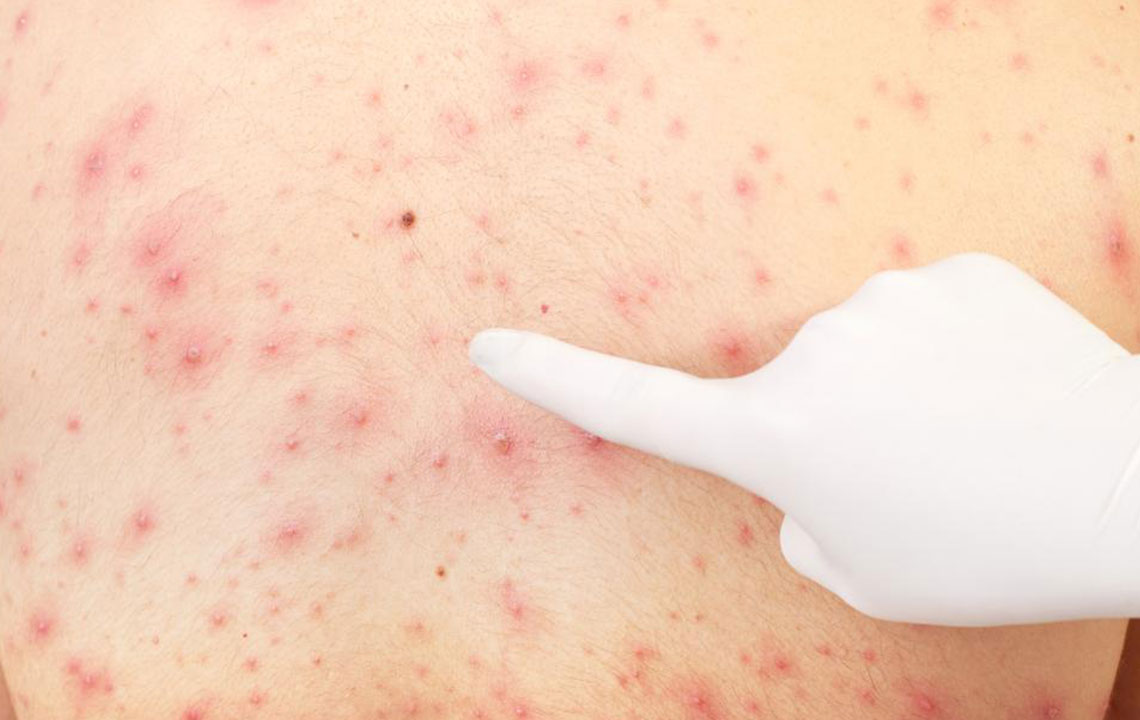Effective Remedies for Treating Skin Rashes
The primary cause of rash formation is skin irritation, which itself can have several reasons. In most cases, a rash goes away with the help of home treatments. However, there are cases where the rash may not subside, and the irritation may reach such an extent that the patients might require immediate medical care.

The rash may occur in adults and older children as a result of coming in contact with substances that may cause skin irritation.
The rash does not happen on the first occasion when you are in contact with the irritating substance (allergen). It usually starts within 48 hours of coming in contact with the trigger. After you have reacted to the substance, a rash can occur in response to even a little amount of the substance. Although rashes are not a serious medical condition, they can be troublesome.
Some of the common causes of skin rash include:
- Coming in contact with certain types of plants, such as poison ivy, oak, or sumac
- Using soaps, detergents, and shampoos that may cause irritation
- Sensitivity to specific jewelry materials and fabrics
- Coming in contact with materials like latex
Medical treatment
In most cases of skin rashes, treatments at home are enough to deal with the symptoms. However, patients are recommended to maintain certain precautions like avoiding contact with allergens. If someone comes in contact with them, then he or she is recommended to sanitize the area thoroughly. It is advised to leave the rash untouched. Patients should always ignore scratching it. In case you have a rash, you should avoid coming into direct contact with children and pregnant women, as certain kinds of rashes can be contagious.
Here are some tips one may follow to get instant relief from skin rashes:
In order to keep the itchy area cool and hydrated, patients can apply a cloth soaked in ice water on the affected area. Ensure that you do this only few times a day because too much od cold compression can further aggravate the cold rash.
- Avoid coming in direct contact with the sun, as for some people, heat makes itching worse. Use a good sunscreen if you are planning to expose your skin to the sunlight.
- Adding a handful of oatmeal powder in a warm bath can be of great help. One may also try oatmeal bath products like body washes or lotions.
- Wear light cotton clothing and avoid wooly and synthetic fabrics as they can easily irritate your skin.
- Scratching makes the condition even worse, so avoid scraping your skin rashes. Also, make sure that you maintain good hygiene practices like sanitizing your hands before eating.
- Use soaps that are gentle. Soaps loaded with chemical irritants may cause more damage.
- Use natural moisturizers like aloe vera, coconut and lavender oil.
If your rash lasts longer than two weeks along with symptoms such as fever, fatigue or any form of infection, then don’t hesitate to consult a medical practitioner and undergo treatment for skin rashes. The symptoms may vary depending on the severity of the condition.
Here is a list of OTC products that can be used for effective treatment for skin rashes –
- Calamine lotion
If the rash is caused by dermatitides, such as poison ivy or poison oak rashes, the calamine lotion can be a useful solution to soothe skin. - Hydrocortisone creams
If the rash is severe, then hydrocortisone creams may work in alleviating the symptoms. However, make sure that you seek the counsel of a dermatologist once. - Oral antihistamines
Oral antihistamines comprising chlorpheniramine maleate and diphenhydramine can help the scratch-itch cycle. Oral antihistamines can prevent extreme itching and let you perform your daily activities without any irritation. However, this type of medicine may cause drowsiness. So people who drive or operate any machinery are advised not to use this medication. Moreover, always check with your doctor before consuming or giving your child any antihistamines.
Although most rashes can be treated within a few days using skin rash treatment, others may require a longer time. Since rashes can be caused by a wide range of things, it’s vital to make sense of what kind of skin rash you have before you can undergo any skin rash treatment. If the outbreak doesn’t go always and the symptoms persist, then consult your doctor immediately.











